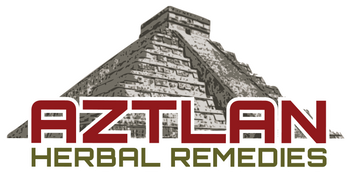California Residents - California Proposition 65
What is California Proposition 65?
“Prop 65” is a piece of legislation approved by ballot initiative by California voters in November of 1986. Also known as the Safe Drinking Water and Toxic Enforcement Act, the original purpose of the law was to prevent the dumping of toxic chemicals in waterways. At the time, the list of known or suspected carcinogenic (cancer-causing) and reproductive toxins identified by the State of California numbered about three dozen. Today, however, this list, which is updated annually by the California Office of Environmental Health Hazard Assessment (OEHHA), contains more than 800 chemical substances.
Why did my purchase arrive with a warning label?
While all of our products meet or exceed federal and international safety standards, this law requires that many kinds of consumer goods sold in California, including herbs and other dietary supplements, must contain a label with language similar to the following: Warning: This product contains chemicals known to the State of California to cause cancer and birth defects or reproductive harm. In California, this label is typically found on electrical components (especially wiring), luggage, flashlights, jewelry and glassware, to name just a few items — it’s even found on fresh fruits, vegetables and nuts. This warning is also required to be posted in a conspicuous place at hotels, restaurants, gas stations and other public places. We include the warning label on our products to remain fully compliant with this law.
Does this mean that the product is dangerous?
No, it does not. However, although the intent of the warning label is to protect consumers, it does little to inform them. In other words, the law requires the inclusion of this label even though it says nothing about the actual safety of the product itself or what, if any, harmful substance is present and in what amount. In addition, the “safe harbor” of acceptable levels for certain substances set forth in Proposition 65 are often significantly lower than federal or international standards. Not only are these levels nearly impossible to detect with routine testing, but their inclusion is usually the result of naturally occurring processes.
Although the spirit of the law is intended to ensure public safety, the way it is currently implemented undermines consumer confidence and makes companies in the natural products industry—even farmers and wild crafters—responsible for environmental pollutants caused by other, less regulated industries. It also places the burden of proof relating to the safety of any product on companies who are forced to demonstrate that a warning label is not necessary. Finally, because enforcement of Prop 65 is conducted via civil litigation, the law, as written, triggers frivolous lawsuits that are difficult, if not impossible, to defend against.
For more information go to www.P65Warnings.ca.gov

